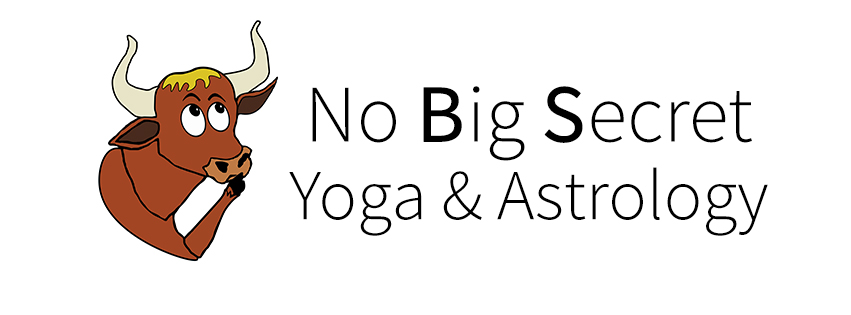Sutra 3.12 A Thought Is A Thought
"The mind becomes one-pointed when the subsiding and rising thought-waves are exactly similar."
We are born, raised and later put into a world with an identity that is often not of our own making. When we go through life believing that we must live within the same boundaries of thought established for us by society, our experiences and our parents, we never learn how truly free we can be. Have you looked around recently and seen how many self help books there are? Many of them state the solution to life is “living your own story” or “conscious narrative construction”. This is because when we are free from the constraints of though, we can write our own story. What Sutra 3.12 is telling us, is to take it a step further and realize that all of the stories and narratives in our mind are nothing more than a collection of symbolisms by which our minds uses to make sense of the world.
In earlier Sutras, I talked about the nature of vritti nahrhotah, which is the Sanskrit term used to describe the cessation of thought waves in the mind, which results in a state of meditation. This state is stillness of the mind and reveals the true nature of all thought. People go through life identifying themselves with their thoughts and falsely believe them to be their core. Do you know where you thoughts come from? Are your thoughts a part of a larger political philosophy? Do you regularly attend church and get thoughts delivered to you through sermons? Even as you read this blog post, the letters form words and the words have symbolism associated with them, so if you are one of those people that reads aloud to yourself in your mind, you are witnessing thoughts generated in real time.
As one becomes cognizant to that nature of thought, you must be careful not to start passing judgment on thoughts themselves. You have been working all this time to detach yourself from your thoughts, passing judgment on them at this point will lead you back into the land of samskaras. I have heard in some circles that we are responsible for the nature of our own thoughts, and we then pass judgment on ourselves thinking that thoughts from previous lifetimes or one relayed to us through different mediums are a direct assessment of our character. You have to act on a thought before it become part of your true nature and then it may still not be so. In Vedic Astrology, we can see this very fatalism play itself out in the birth chart, which is nothing more than a map of samskaras and probable outcomes. As we work through ourselves with the Yogic method, we naturally diminish this probability.
